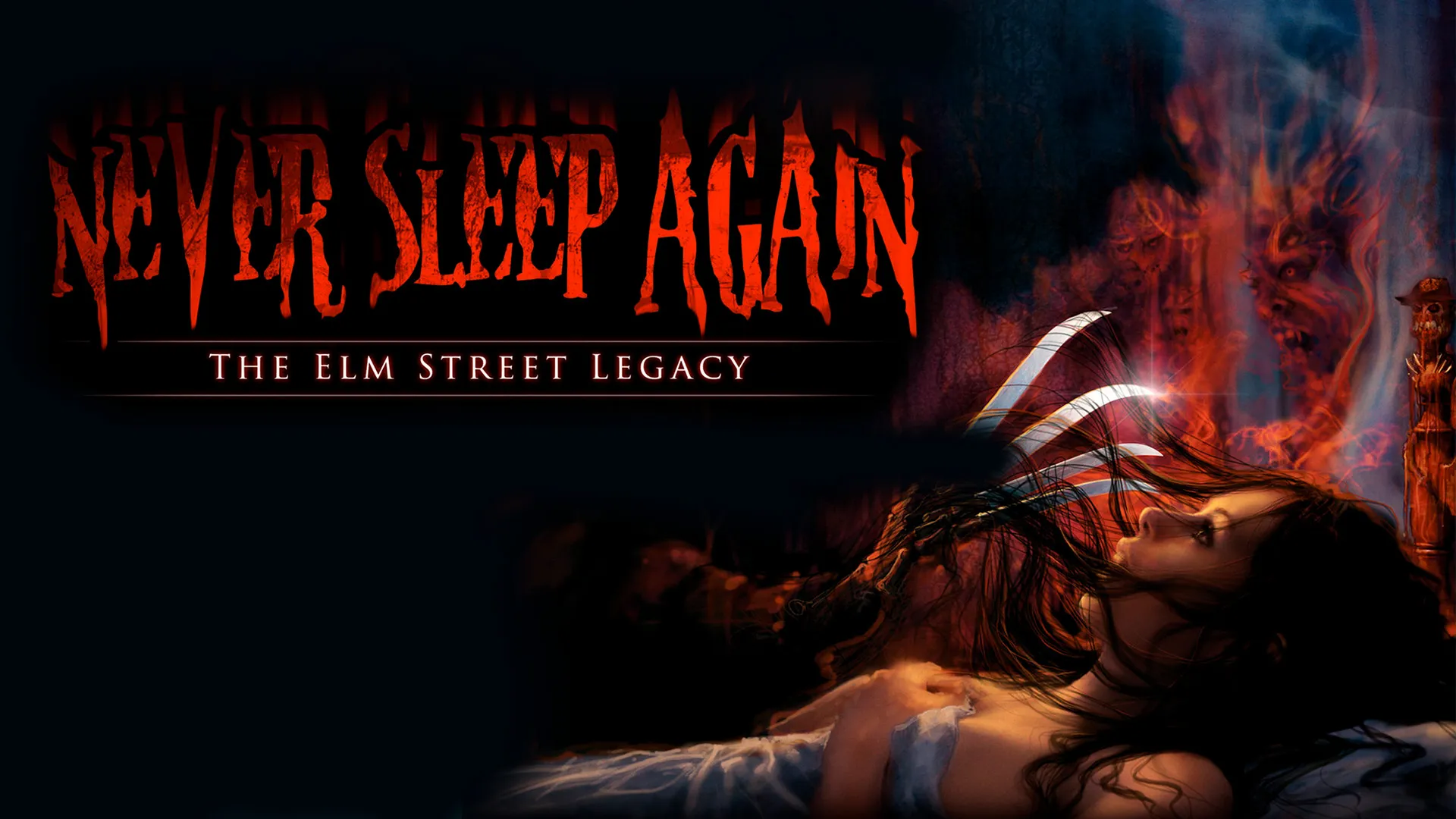Odysseus (2013): A Modern Retelling of an Ancient Epic
The 2013 television miniseries Odysseus (original title: L’Odyssée), directed by Stéphane Giusti, offers a compelling dramatization of one of Western literature’s most enduring legends—the return of the Greek hero Odysseus to Ithaca after the Trojan War. Produced by Arte and co-produced by GMT Productions, this French-Italian adaptation diverges from the typical mythological spectacle by grounding its narrative in psychological realism, human drama, and political intrigue. While inspired by Homer’s Odyssey, the series reimagines the story through a more intimate and cerebral lens, focusing less on divine intervention and more on the human cost of war, absence, and power.
Set ten years after the fall of Troy, Odysseus centers on the island of Ithaca, where Queen Penelope struggles to maintain her kingdom in her husband’s prolonged absence. Surrounded by increasingly aggressive suitors vying for her hand—and control of Ithaca—Penelope faces growing pressure to abandon hope that Odysseus will return. Meanwhile, her son Telemachus, now a young man, grapples with his identity and the burden of his father’s legacy. When Odysseus does return, he is not the triumphant hero of myth but a haunted man, scarred by the war and deeply changed by his experiences.

The miniseries spans twelve episodes, offering a slower, more introspective approach than action-driven retellings. Odysseus, played by Alessio Boni, is portrayed as both a cunning strategist and a deeply flawed individual. His homecoming is far from a joyous reunion; it is filled with suspicion, deception, and emotional turmoil. Penelope, played masterfully by Caterina Murino, emerges as a complex and resilient character whose loyalty is tested by political gamesmanship and personal doubt. Their dynamic relationship forms the emotional core of the series, challenging traditional portrayals of Penelope as merely patient and passive.
Visually, the series impresses with its austere, Mediterranean aesthetic, favoring realism over fantasy. The costumes, set designs, and natural landscapes evoke a believable world rooted in ancient Greece while simultaneously highlighting the timeless nature of its themes—love, loyalty, identity, and justice. Unlike many adaptations that rely heavily on special effects or mythical creatures, Odysseus emphasizes character development and moral ambiguity. The gods, though mentioned, rarely interfere, leaving the mortals to face their choices and consequences alone.

Odysseus (2013) received praise for its mature storytelling, strong performances, and thoughtful reinterpretation of classical mythology. It offers a refreshing departure from sensationalist myth-based productions by focusing on the internal struggles of its characters. The series succeeds in making a millennia-old story feel urgent and relevant, exploring how trauma, time, and distance alter human relationships. For viewers seeking a deeper exploration of the myth beyond swordplay and monsters, Odysseus delivers a poignant, humanistic take on the journey home.
In conclusion, Odysseus (2013) stands out as a sophisticated adaptation that delves into the psychological aftermath of war and absence. By focusing on the complexities of its characters rather than the spectacle of myth, it breathes new life into Homer’s epic and presents a resonant narrative for modern audiences. It is a thought-provoking series that honors the original tale while offering a unique and intimate perspective on the legendary journey of a man returning to reclaim his home, his family, and ultimately, himself.
-1752544326-q80.webp)


